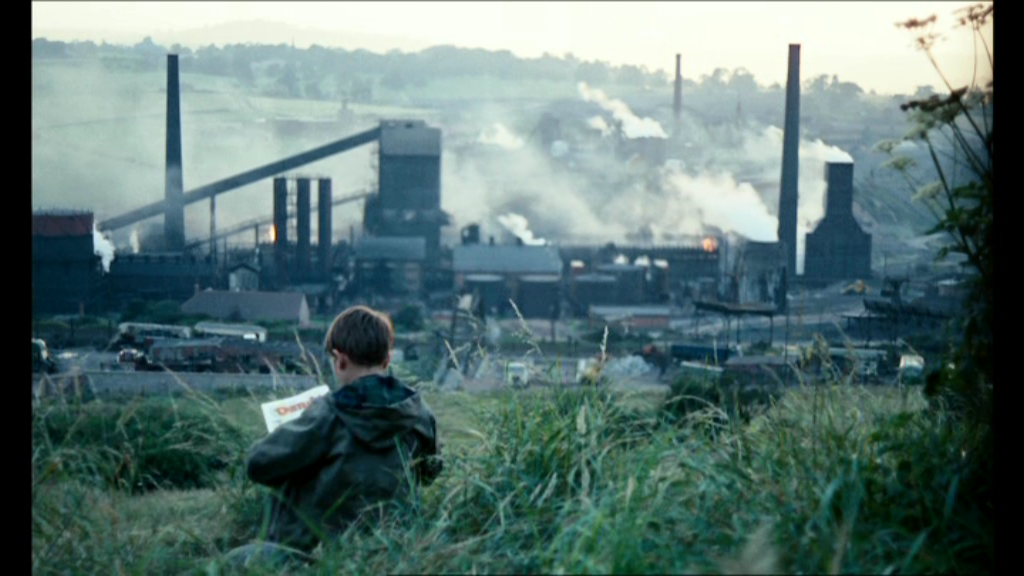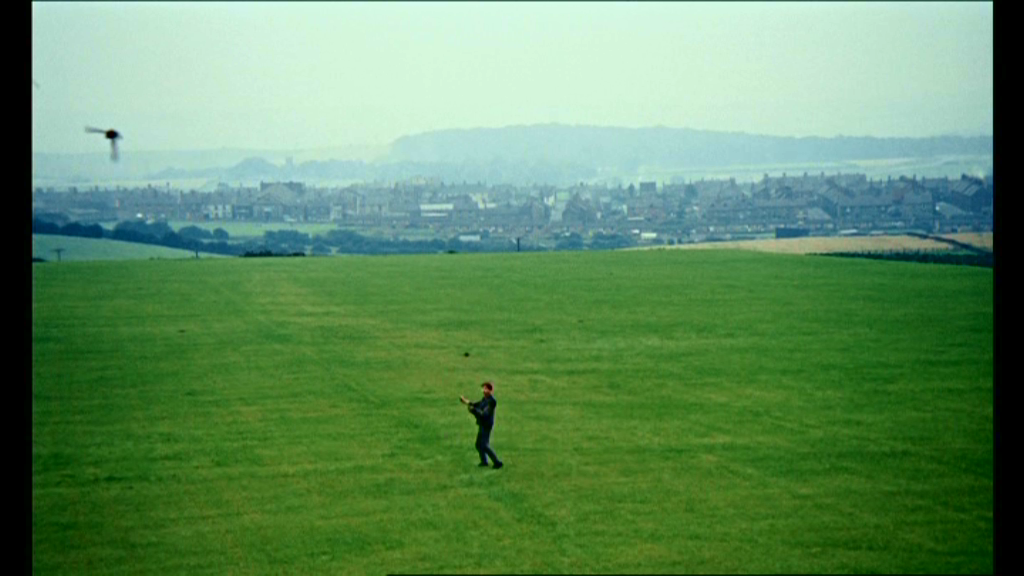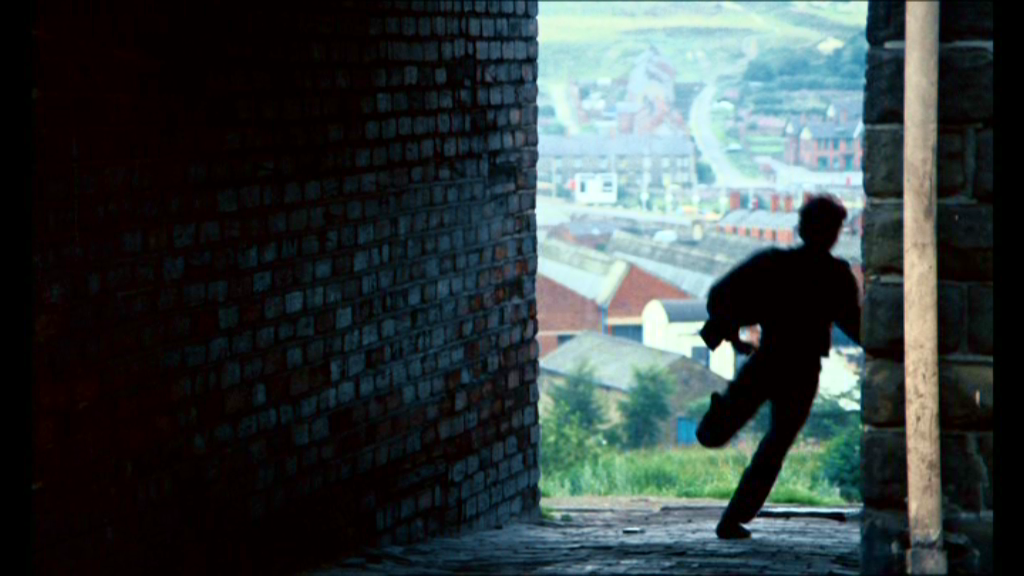 In celebration of Ken Loach‘s 75th birthday, the BFI launches a retrospective of the English director’s work today that runs at the Southbank until October 12.
In celebration of Ken Loach‘s 75th birthday, the BFI launches a retrospective of the English director’s work today that runs at the Southbank until October 12.
Loach’s directorial career spans close to half a century and comprises over 45 titles across film and television. In 2006, the BFI voted Cathy Come Home (1966), one of ten productions Loach contributed to the BBC’s The Wednesday Play series, number two on its Top 100 Greatest Television Programmes poll.
In the same year as the poll, Loach’s The Wind That Shakes the Barley won the Palme d’Or at Cannes. Despite such success, the film – a frank and moving treatment of Ireland’s war of independence and its subsequent civil war – came under heavy attack from a British media consciously wanting to evade questions of Britain’s historical brutality, especially at a time of an ongoing imperialist war in Iraq.
Besides from being the director’s most intellectually moving and politically sophisticated film, The Wind That Shakes the Barley was only an expansion of themes previously explored: Hidden Agenda (1990) was set against the political implications of British neo-colonialism in Ireland; elsewhere, Fatherland (1986) is as critical of eastern bloc Stalinism as Land and Freedom (1995) is of the historical factors that led to the degeneration of the Spanish revolution into Stalinism; Ladybird Ladybird (1994) returned to the kind of drama depicted in Cathy Come Home, while films such as Riff Raff (1991), Raining Stones (1993), My Name is Joe (1998) and Sweet Sixteen (2002) depict the harsh plight of an increasingly dispossessed class of workers under a relentless and unforgiving capitalism.
It isn’t just the fact that Loach’s films are critical of the establishment, it’s that throughout his career, he and collaborators have remained committed to a general viewpoint that on the one hand demands an understanding of social forces, and on the other allows for the creation of moving and authentic films about the systemic injustices of capitalism itself.
Think of that scene in Ladybird Ladybird, in which a judge describes the protagonist (Chrissy Rock) as “of low intelligence” just as his decision to have the woman’s fifth child taken away from her by social services registers upon her face, her legitimate and violent outrage brewing. What makes that scene so powerful is not just the heartbreaking empathy we feel for the protagonist, but the simultaneously explicit critique of an institutionalised bureaucracy that doesn’t account for human weakness and frailty in systemic terms, but is itself a systemic expression of political oppression.
It’s only one example of many peppered throughout Loach’s remarkable body of work, and the BFI’s retrospective extends to include panel discussions and talks alongside screenings and a series of masterclasses with key collaborators.
A major draw to the retrospective is a new restoration of Loach’s seminal 1969 production, Kes, which is being re-distributed for an extended theatrical release in UK cinemas by Park Circus, which has as of July this year been the repertory theatrical sales representative for MGM’s library outside the USA and Canada.
Kes was written for the screen by Loach and producer Tony Garnett with the author of the novel from which it was adapted – 1968’s A Kestrel for a Knave – Barry Hines. Set and filmed against the industry of Barnsley in the north of England, the film unfolds with an observational authenticity and portrays its young, teenage protagonist Billy Casper (David Bradley) as a believably resourceful lad whose enthusiasm to escape the fate expected of him – to graduate from school equipped for nothing but manual labour – finds its material embodiment in an energy for falconry, after he becomes enthralled by watching a wild kestrel flying high above a local farm.
The film is a sensitive, naturalistic drama whose apparently narrow focus on a young boy gains much depth and profundity from a careful eye on the visual backdrops: its sense of place is extraordinary, and while the milieu is notably grim, it’d be reductive to suggest Chris Menges‘s cinematograph y isn’t pictorially aware.
y isn’t pictorially aware.
MGM’s restoration has not only made outlines finer, it has reduced grain and emphasized colour, so that the social analysis of the subject matter is matched now by a more explicit visual suggestion of a fruitful youth neglected in favour of capitalism’s demands for labour.
The greens have a notable richness, particularly when Billy is captured by Menges in a field behind which the billowing smoke of his future formidably lingers. For sure, it’s a mistake to equate the “social realist” trend with which Loach is associated with a point-and-shoot method of filming. There’s a careful distance kept between camera and subjects, so that actors – many of them non-professional – may perform with a certain naturalism; narrow range lenses lend the work a documentary feel, especially in the classroom observations.
The scene in which Billy impresses his understanding English teacher (Colin Welland) and otherwise restless classmates with a passionate, informative introduction to his hobby is hair-raisingly poignant, coming as it does after an unfortunate episode with a tyrannically punitive headmaster (Bob Bowes), and a more comical aside involving a football match, in which even the basic sporting potential of young kids is trampled by an ill-equipped sports teacher (Brian Glover) fuelled by delusions of grandeur.
Kes remains one of its director’s finest and most powerful films; its performances are still vivid – fourteen year-old Bradley is astonishing – and its understanding of the systemic pressures under which human potential is gradually beaten is still potent. MGM’s restoration and the re-release by Park Circus are welcomed, as is the BFI’s retrospective in general.
Kes is released in selected UK and Ireland cinemas on September 9.






